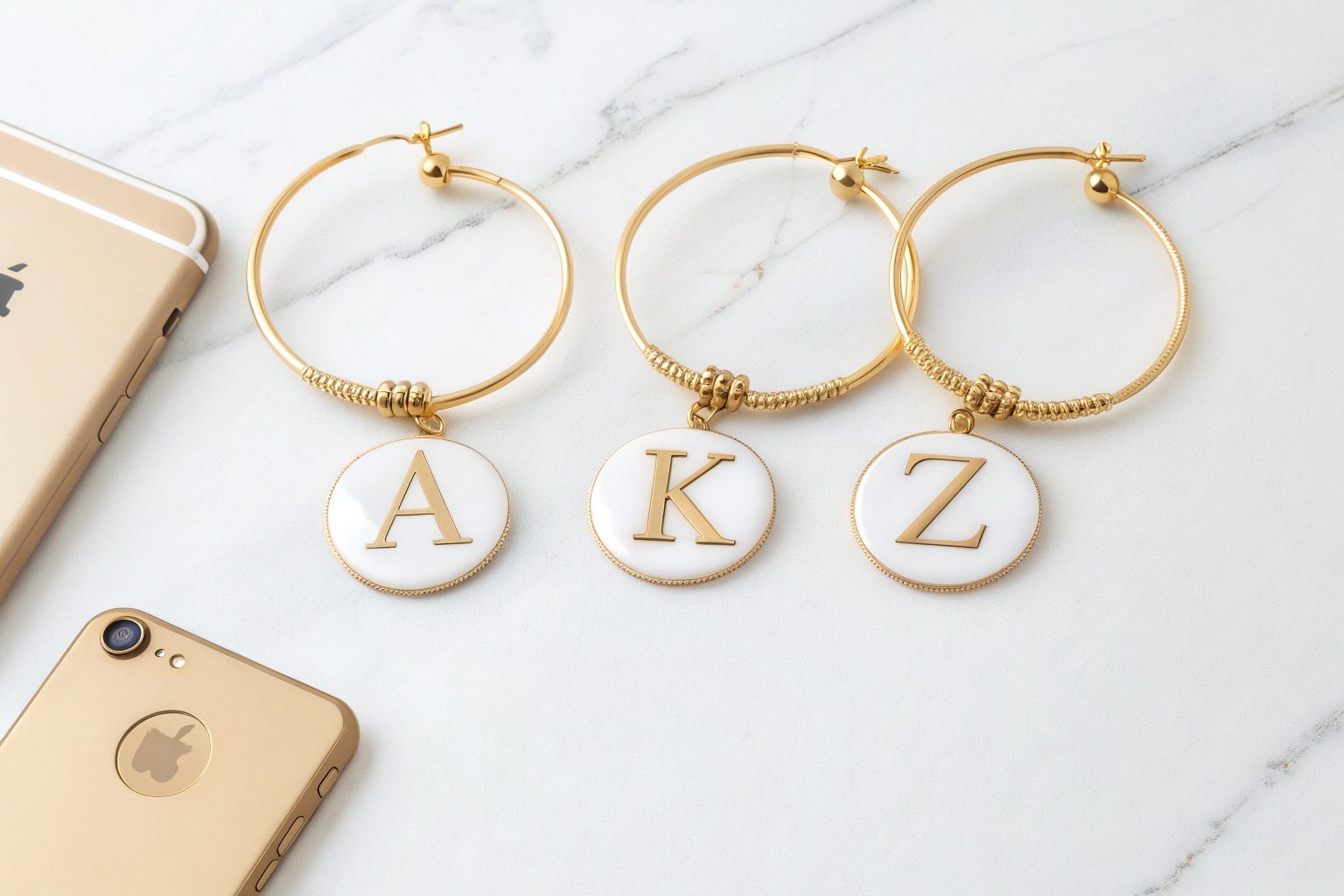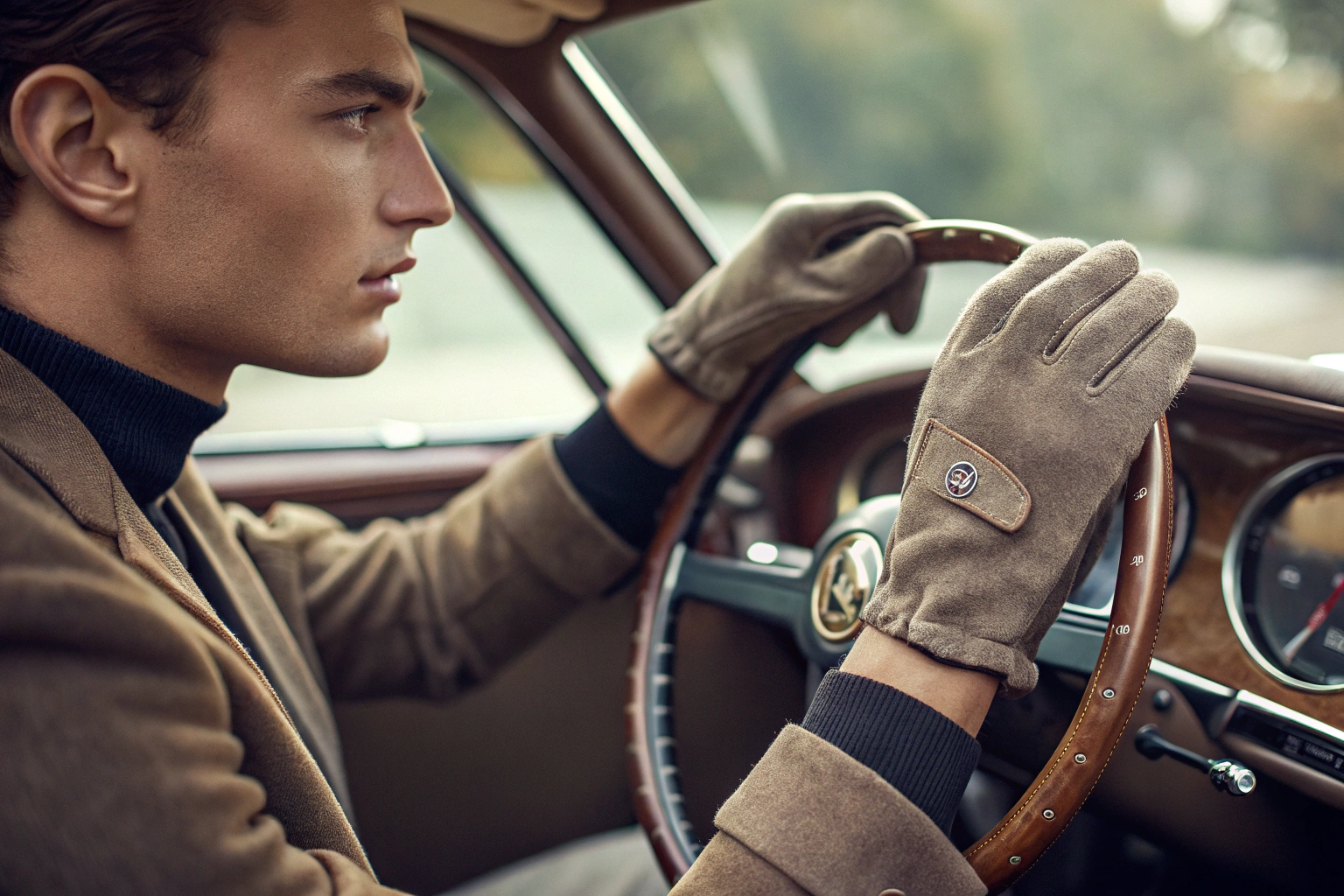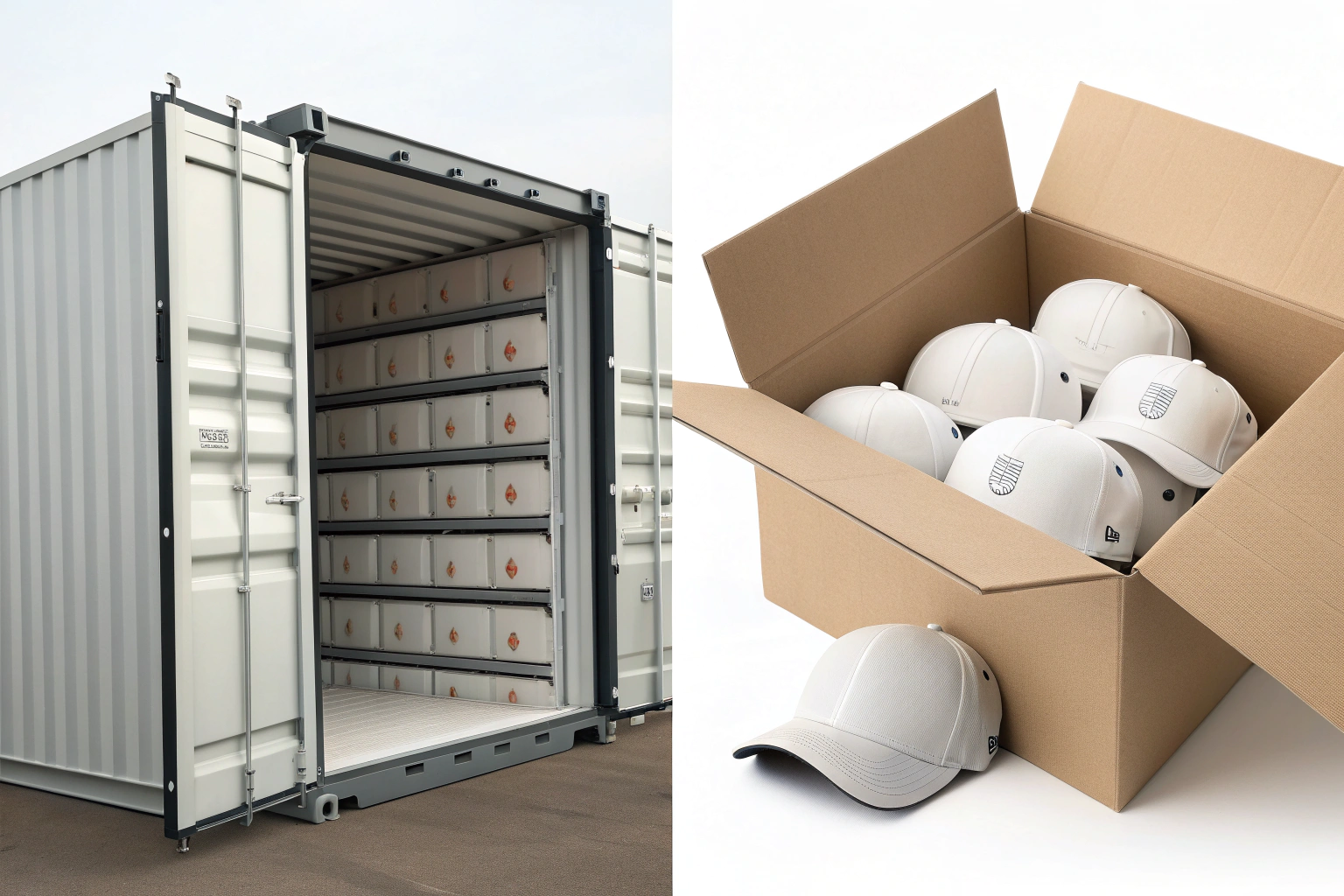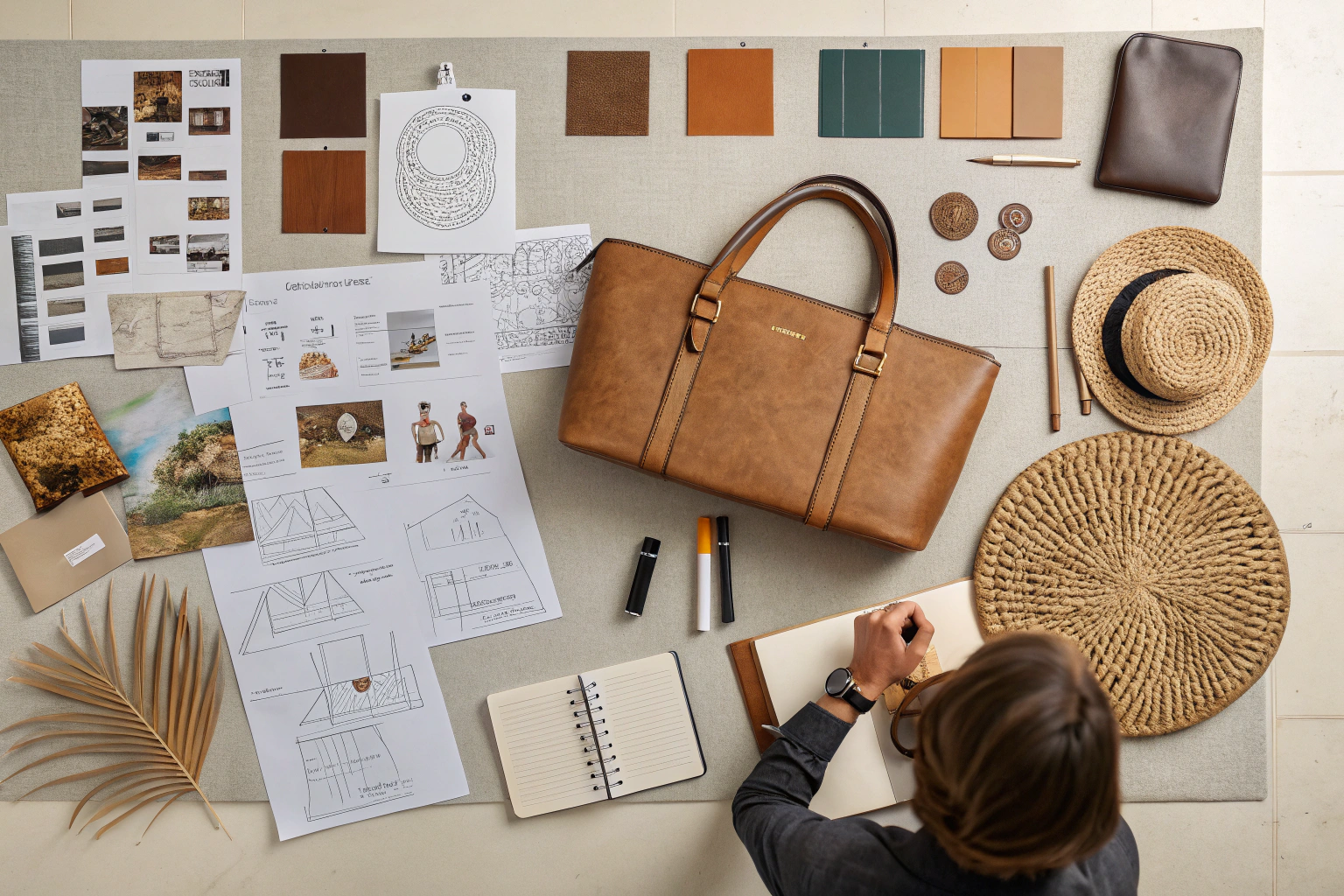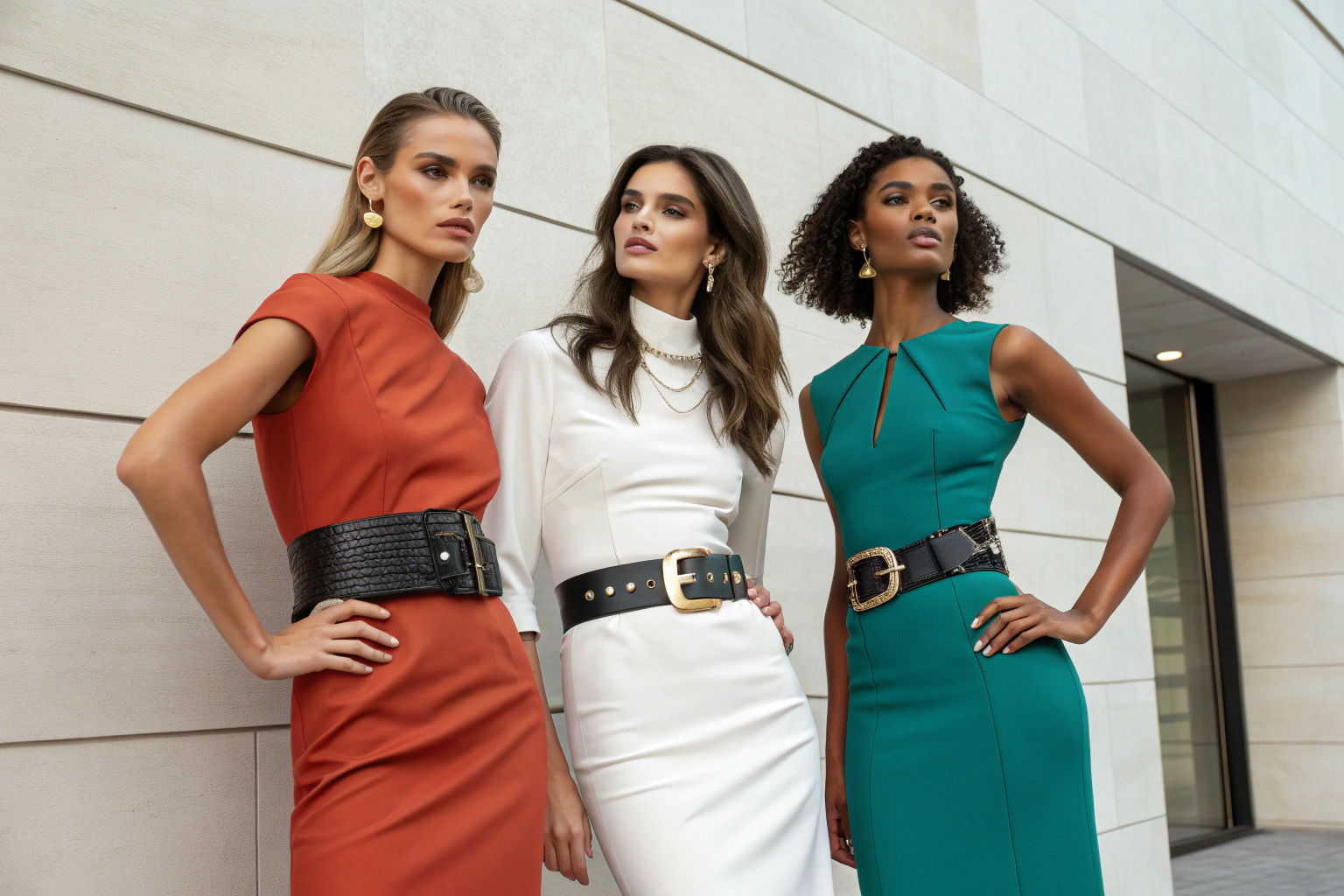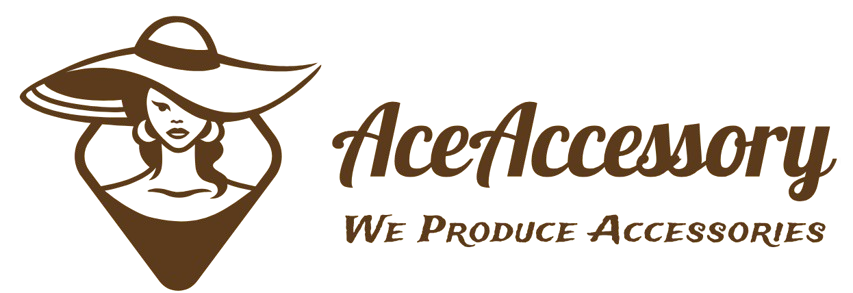Thinking of launching your own line of custom hair bands? Great idea. But before your design hits production, you’ll need to understand one key thing: MOQ—Minimum Order Quantity. It’s the starting point for any manufacturer discussion.
For custom hair bands from China, expect MOQs ranging from 500 to 5,000 pieces per style depending on materials, printing methods, packaging, and factory capability. Lower MOQs are negotiable for startups with flexible designs.
As a factory owner exporting hair accessories worldwide, I’ve worked with startups, fashion brands, and retailers. MOQ is one of the first questions they ask—and rightly so. Here’s what to expect and how to negotiate smarter.
Are hair bands professional?
Many people still see hair bands as casual. But in reality, they're everywhere—from yoga classes to boardrooms.
Yes, hair bands can be professional depending on the design, material, and how they're styled. Sleek, neutral, or fabric-covered hair bands are increasingly accepted in workplace fashion.

How are professional hair bands used in real business settings?
| Style | Setting | Example |
|---|---|---|
| Matte black elastic band | Office, Retail, Healthcare | Sleek, minimal for hair control |
| Satin or velvet headbands | Boutique sales, fashion brands | Styled with business-casual attire |
| PU-coated or braided styles | Influencer drops, trade shows | Custom color-matching with outfits |
Many of our US buyers order neutral-color bands in bulk for gym studios, beauty salons, and even uniform brands. We even supply hair bands in hospital-approved materials.
In these cases, professional doesn’t mean plain—it means consistent, reliable, and on-brand.
Is wearing hair band good for hair?
Beyond fashion, your customers will also care about hair health—and so should you when designing your product.
Wearing hair bands is generally safe for hair, but using the wrong materials—like rubber or tight elastic—can cause breakage. Soft fabric-covered or coil-style bands are better for daily wear.

What materials should be avoided—and which are hair-friendly?
| Material | Hair Safety | Notes |
|---|---|---|
| Rubber bands | High breakage risk | Avoid for daily wear |
| Plastic + no coating | Can snag hair | Best for short-term use |
| Satin or silk bands | Gentle on hair | Popular for anti-frizz claims |
| Spiral coil bands | Minimal tension | Good for ponytails and curls |
| Cotton-wrapped elastic | Soft + breathable | Most used for daily accessories |
When a brand in Canada asked us for a "damage-free" line, we developed a microfiber-covered elastic band. It passed our in-house stretch test, and the buyer now includes “hair safe” labeling as a selling point.
Hair-safe materials can even justify higher prices or higher MOQs—especially for salon or gift market buyers.
How to Negotiate Lower MOQs for Startups?
Startups often feel priced out of manufacturing. The good news? With the right approach, you can make it work.
To negotiate lower MOQs for custom hair bands, simplify your design, use in-stock fabrics, accept slower lead times, and show growth potential. Factories are more flexible if they see a long-term partner.

What tactics have helped our startup clients get better MOQ terms?
| Negotiation Tactic | Why It Works |
|---|---|
| Use stock fabric colors | No need to dye small batch |
| Simplify packaging | Avoid custom-printed cards |
| Combine SKUs by color/fabric | MOQ applies to total units, not each SKU |
| Accept batch shipping | Helps factory group orders |
| Share growth plan | Builds confidence for future reorders |
For example, a new brand in Germany wanted 12 SKUs at 1,000 units each. We suggested they combine colors and reduce SKUs to 4. Final deal: 2,000 pcs across 4 SKUs, at a better price per unit.
What are realistic startup-friendly MOQs for hair bands?
| Custom Level | Expected MOQ | Notes |
|---|---|---|
| Stock fabric, no print | 500–1,000 pcs | Fastest turnaround |
| Custom colors (dyed fabric) | 2,000–3,000 pcs | Needs more lead time |
| Printed logo (heat transfer) | 3,000–5,000 pcs | Minimum 1,000 pcs per design/color |
| Custom packaging (PVC bag/card) | 5,000+ pcs | High setup cost |
We also offer sample packs so you can test material, print, and logo before confirming a full MOQ.
MOQ Differences for Materials and Custom Designs.
MOQ isn’t one-size-fits-all. It varies based on how customized your design is and what materials are used.
Hair band MOQs depend on fabric type, logo process, dyeing, and packaging. In general, the more customizations involved, the higher the MOQ required by the factory.

What material factors impact MOQ?
| Material Type | MOQ Impact Level | Reason |
|---|---|---|
| Polyester or cotton | Low | Always in stock |
| Velvet or satin | Medium | Stock limited, sometimes dyed to order |
| Elastic lace or ribbon | Medium–High | Special weave or color matching needed |
| PU leather | High | Higher cost per meter, rare colors |
If your design includes rare or imported trims (like glitter or woven metallics), expect MOQ to start at 3,000+ pcs.
We always review raw material availability before quoting. If something is rare or off-season, we’ll suggest a similar in-stock option to reduce cost and lead time.
How does logo design change the MOQ?
| Logo Type | MOQ Range | Reason |
|---|---|---|
| None | 500–1,000 pcs | Fastest and cheapest |
| Heat Transfer Print | 2,000–3,000 pcs | Requires plate or screen |
| Woven Label | 3,000+ pcs | Higher setup cost and lead time |
| Embroidery | 3,000+ pcs | Time-intensive per unit |
Packaging also changes MOQ. We can pack 100 pcs in a plain polybag with no issue. But if you need custom printed header cards, MOQ is usually 5,000 pcs per design.
To help buyers, we offer free die-lines for labels and header cards—and advise on which designs reduce cost and complexity.
Conclusion
MOQs for custom hair bands vary widely—but they’re not set in stone. With smart design choices, material flexibility, and a clear growth plan, even startups can negotiate low MOQs from trusted Chinese suppliers.


